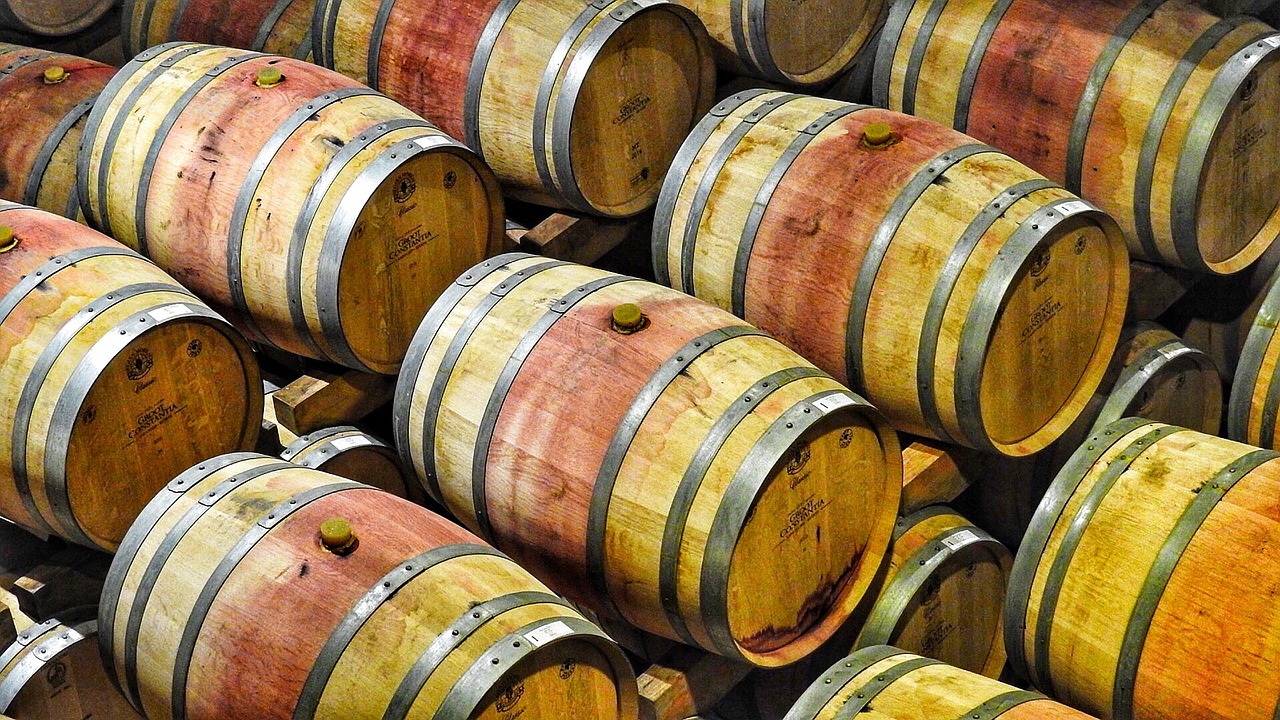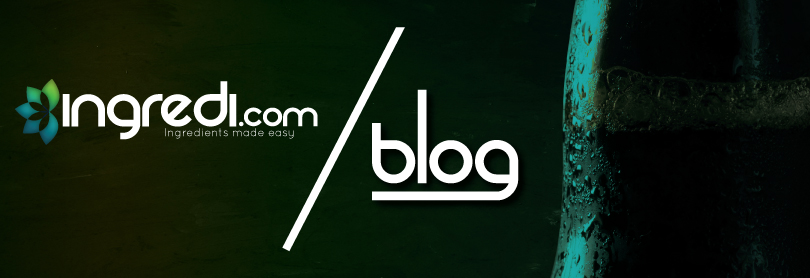Potassium Sorbate vs Campden Tablets in Wine Making
By on Jun 4th 2018

One of the most important parts of winemaking is keeping fermentation, yeast, and bacteria in check. Having more fermentation occur than desired can ruin an entire batch of wine, as can the production of any unwanted bacteria.
Doing this necessary housekeeping with your wine may cause you to consider two of the most commonly used wine ingredients: potassium sorbate and Campden tablets.
While they both inhibit wine components in specific ways, potassium sorbate and Campden tablets play different roles in the wine making business.
Potassium Sorbate
Potassium sorbate is a yeast inhibitor that has been utilized for over 50 years as a preservative. It’s Generally Regarded As Safe (GRAS) and as a polyunsaturated fatty acid, it is not considered a health hazard in relatively large amounts. It prevents further fermentation and stops bacteria from dividing to produce new yeast cells. Winemakers add it in small quantities to sweet or semi-sweet wine to stop additional sugar fermentation, but never incorporate it in a completely dry wine. The substance is also popularly used in a variety of foods like cheese, yogurt, dried fruit, and meat.
How does potassium sorbate work?
When added to water, potassium sorbate breaks down into sorbic acid and ionic potassium. The sorbic acid has selective anti-fungal and anti-microbial properties and prevents the yeast cells from being active. It's used to carry the sorbic acid in wine because it is insoluble in alcohol. Potassium sorbate should be added to wine that is already stable because it does not combine with any other elements or lose potency.

Campden Tablets
Campden tablets are essentially metabisulfite and are mostly popular for home wine making. The tablets are used to sterilize wine, as well as cider and beer, by killing bacteria and preventing mold growth. When transferring wine between two containers, Campden tablets act as an anti-oxidizing agent.
How do Campden tablets work?
A common misconception about Campden tablets is that they halt the fermentation process and control the final amount of sweetness in the wine like potassium sorbate does. However, Campden tablets keep the wine from spoiling by actively eliminating mold and bacteria.
They work by bringing sulfites to a wine recipe and help prevent acetic acid or wild yeast that can produce ethyl acetate and ruin the wine. The tablets are also relied on to sterilize juice before fermentation.
Sources:
https://blog.eckraus.com/campden-tablets-what-they-can-and-cant-do
http://www.newworldwinemaker.com/article/sorbic-acid-101-potassium-sorbate-as-a-wine-preservative/






